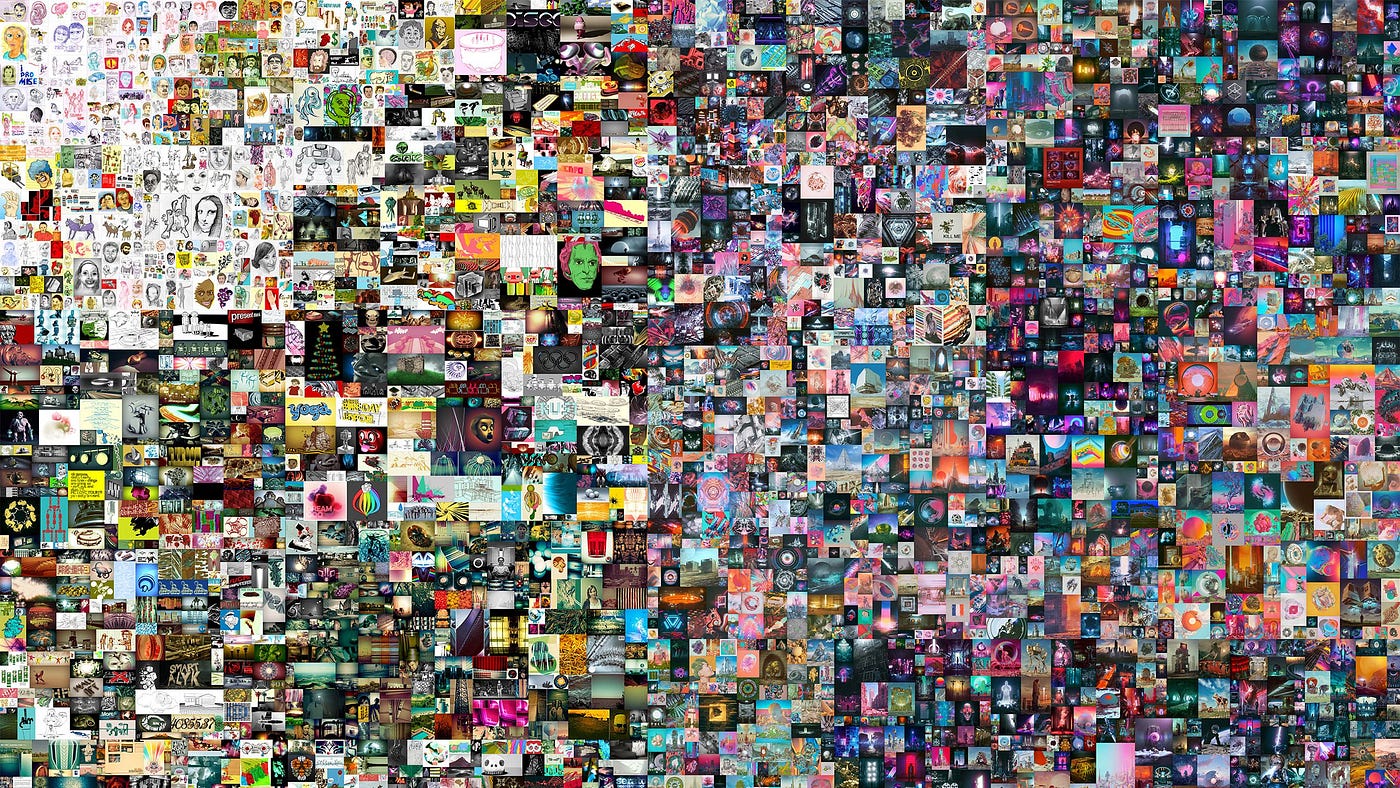By Joanna N., Business Development Associate at Zero One Group
It’s been about a year since the world was thrown into chaos because of COVID-19. Here we are, March 2021 behind us, and things have calmed down a bit in the pandemic scope. However, that doesn’t mean we don’t have some equally as riveting news recaps to share with you about the past month — let’s dive right in!
Big ship, even bigger problems.
Don’t put all your eggs in one very large container ship.

It took six days to free the Ever Given, the container ship that ran aground and clogged one of the world’s most vital shipping arteries. The Suez Canal shoulders over 10% of global trade, including 7% of the world’s oil.
However, economists say the Ever Given’s disruption of shipping probably won’t have an impact on global trade for more than a few weeks and is unlikely to derail global growth this year as more people around the world get COVID-19 vaccines and economies reopen.
If anything, this event serves as a warning on how vulnerable our supply chains are and how the just-in-time inventory techniques that have been so popular have to be rethought.
Follow-up events:
- An investigation is to be carried out to determine whether technical or human error played a part in the stranding of the ship
- The ripple effect of the stuck ship could amount to insurance claims in the hundreds of millions of dollars, as well as broader losses from the delays in the global supply chain
- Analysts estimate that it could take years to sort out who will pay for the mess and who is to blame
NFTs — an art bubble within a tech bubble?
What is a non-fungible token anyway?

Non-fungible tokens (NFTs), part of the Ethereum blockchain, represent the ownership of a unique item. In the case of digital art, where the digital files can be infinitely reproducible, NFTs basically give you clout — the proof of ownership of the work lies with the buyer while the artist can retain copyrights. It’s like owning a fine art print vs. an original Picasso.
It shouldn’t be hard to see why digital artists are jumping on to the NFT movement: it is a chance for them to make tens or hundreds of thousands of dollars for their artwork, while still retaining ownership and royalty rights every time their work is sold to another buyer.
Follow-up events:
- NFTs are currently being touted as an evolution to fine art collecting, even spilling over to real-world auctions
- This technological disruption challenges the notions of the fine art world and breaks down the gatekeeping that often haunts it
- Surely the motivation for buyers and traders is grounded in getting rich quickly — could this simply be a fad or bubble?
- On top of this, the environmental concerns surrounding blockchain are amplified in this use case, giving rise to even more criticism against NFTs
EV Digital Competitiveness Index 2021
How the pandemic unlocked the digital economy across all of Indonesia.

The East Ventures Digital Competitiveness Index 2021 assesses Indonesia’s digital economic condition — both strengths and weaknesses of each region, to provide a viewpoint of the massive opportunities that lie in the country.
Indonesia’s digital competitiveness index score increased by 4.13 points compared to EV-DCI 2020. The median score of 34 provinces also increased, meaning that digital competitiveness has been even between provinces even though the digital climate and ecosystem are still centred around the provinces in Java.
Follow-up goals:
- A significant push towards getting MSMEs to embrace digital — e.g. government-backed capital assistance in the form of QR-code based payment systems
- An initiative to make Indonesia an even more attractive destination for global tech giants (e.g. AWS, Google Cloud, Microsoft)
- Hopefully, this rapid momentum will carry forward post-pandemic
Tune in next month to see what’s cooking in the news sphere!
Follow Zero One Group on Instagram, Twitter, Facebook, and LinkedIn. Visit our website at www.zero-one-group.com